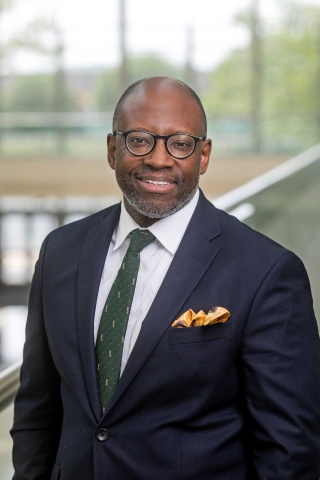Oral histories often paint a rosy picture of the moral fiber of previous generations, when divorce was unheard of, out-of-wedlock births rare, and Christian civilization kept societal immorality in check especially among a more virtuous elite. But close attention to history reveals the truth about human condition: that regardless of our social status, everyone is in need of moral formation – and thus it has always been.
The universal need for moral leadership is illustrated in the deplorable marital culture on display in the lives of the parents of British Prime Minister Winston Churchill. In The Last Lion, William Manchester’s best-selling biography of Churchill, we learn of Winston’s parents’ active participation in the rampant infidelity of the British upper class in the 1800s. Randolph Churchill was a syphilitic, and Jennie Churchill was renowned for the number of affairs in which she participated. “Jennie Churchill was in and out of lovers’ beds all her life … and she was not exceptional,” Manchester observes. “[Randolph] accepted his lot. He dined with men who had lain between his wife’s thighs; he played cards with them; he rode to hounds with them and entertained them in his club.” Both Randolph and his son Winston were aware of her adultery, but it continued. Even more, Randolph remained friends and business partners with those sleeping with his wife.
More broadly, Manchester explains, some women of the upper class were known to request men’s wives to set up an affair between them. “The affairs which were joyously celebrated during weekends were sometimes launched in wife-to-wife conversations. ‘Tell Charles I have designs on him,’ one would tell Charles’s lady, who would acknowledge with a nod and an amused smile; she herself already had a lover or had designs of her own on someone else’s husband.” These blatant requests show that the general level of tolerance for extramarital promiscuity was high.
Even if a woman wasn’t brave enough to ask the man’s wife, she could easily find other means. Large parties where the guests stayed the night were famous for their debauchery. The guests would settle in and “after lights were out, shadowy figures would glide through the darkened hall and everyone would settle in for the night’s pleasure. An hour before dawn the butler would appear in the hall bearing a gong. He would strike it once and depart. The same tiptoeing figures would reappear. Presently they would all meet at the breakfast table.” The unspoken law was that no one mentioned the evening’s festivities, and one should even be rude to the individual who had been his or her partner for the night.
Our imagination’s revisionist history would have us believe the land of Winston Churchill’s parents, mid-nineteenth century Britain, was a time of Victorian purity and faithfulness. Nearly all Britons attended church and believed in God, right? But surprisingly, the most debased were those who prayed loudest, lauded moral scruples, gave inspiring speeches, and led the country politically, militarily, and socially. British PM William Gladstone said that he had known “eleven prime ministers, and ten were adulterers.” It is easy to look at our promiscuous and sex-saturated culture and wish for a return to a past filled with self-controlled, faithful spouses, but the moral culture of Churchill’s parents was not one to which we should look yearningly.
Why does this matter? The Churchill anecdote reminds us of the need for religious leaders and all believers to be people of integrity.
In Britain and elsewhere, as the contrast between the publicly held moral code and private behavior became clear, the code itself was discredited. The need for repentance and reform among today’s aristocratic elite – in Hollywood, on Capitol Hill, on Wall Street – is obvious. Thanks to the media, private indiscretions held in secret among the elite in a previous era are now part of the daily news cycle. Couple these stories with America’s high divorce rate, and we begin to see why confidence in the virtues of marriage among our youth is on the decline.
It is imperative that those of us who recognize the value of a culture of fidelity and respect – and the manifold person, social, and economic effects that flow from it – proclaim a message that is not diluted by our own moral failings. As imperfect human beings, we will all fail to live up to the ethical standards we strive to honor. But the strength of our witness lies less in what we say than in how well our actions match our words.











